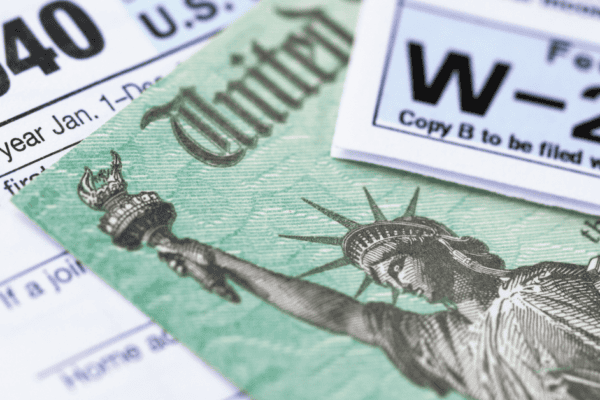WE ALL KNOW THAT MONEY CAN’T BUY YOU HAPPINESS, RIGHT? AS IT TURNS OUT, THIS IS NOT ALWAYS EXACTLY TRUE.
A recent study by the University of Michigan economists Betsey Stevenson and Justin Wolfers, examining data from more than 150 countries using World Bank data, has shed new light on the interaction between happiness and the size of your bank account. Their first conclusion: the more money you have, the happier you tend to be, regardless of where you are on the income spectrum. They also concluded that multi-millionaires don’t think of themselves as “rich.”
However, there do seem to be income levels where a person’s happiness can be increased faster than others. Princeton University economist Angus Deaton has found that peoples’ day-to-day happiness level rises until they reach about $75,000 in annual income—a point where a person can comfortably afford the basic necessities of life without worrying where his or her next meal is going to come from. After that, this type of happiness levels off.
In fact, a report in Psychological Science magazine actually found that the wealthier people were, the less likely they were to savor positive experiences in their lives. Another study found that lottery winners tended to be less impressed by life’s simple pleasures than people who experienced no windfall. Once you’ve had a chance to drink the finest French wines, fly in a private jet and watch the Super Bowl from a box seat, then a sunny day after a week of rain doesn’t produce quite the same jolt of happiness it used to. The additional money tended to have a cancelling effect on day-to-day happiness.
It’s another kind of happiness, which focuses on something the researchers call “life assessment,” that continues to rise at all levels of wealth. The more money people have, the more they feel like they have a better life, possibly (Deaton hypothesizes) because they feel like they’re outcompeting their peers.
Is there any way to more efficiently buy happiness with money? A study by the Chicago Booth School of Business found that people experienced more happiness if they spent money on others, than when the money was spent on themselves. Treating someone else—or, more broadly, charitable activities—are among the most powerful financial enhancements to personal happiness.
Other research has shown that you get more happiness for your buck if you buy experiences, rather than things. An epic trip to Paris, or a weekend at a bed and breakfast near the coast, can be more enduringly pleasure-inducing than buying a new watch or necklace. The watch or necklace quickly become a routine part of your environment, contributing nothing to happiness. But your travel experience can be shared with others and reminisced about the rest of your life.
Finally, you can buy time with money—decreasing your daily commute by moving closer to work, hiring somebody to help around the house, hiring an assistant to clear your desk—all giving you more leisure time to pursue your interests. With the free time, take music lessons or learn to dance—and you’ll be happier than someone else who may have millions more than you do. Here at ISI, we are continually reminded of this by the postcards we are honored to receive from many of you during the year as you are traveling throughout the world and making memories.



